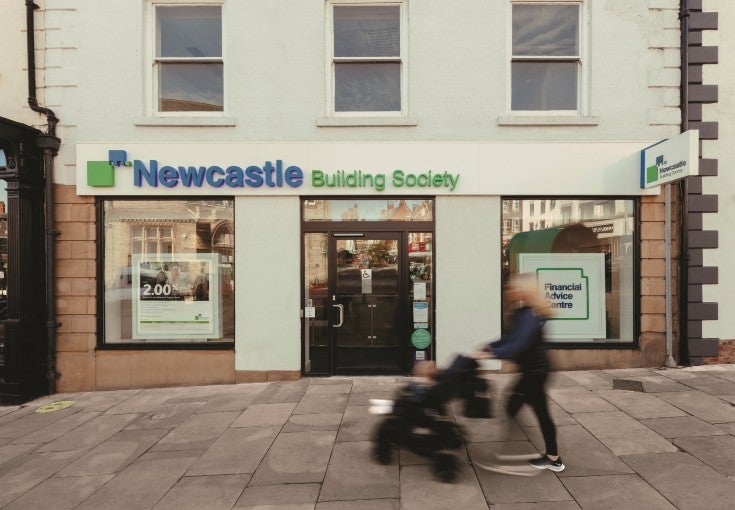Keep up to date
More latest news
10 April 2024
Vote now in the What Mortgage Awards 2024

10 April 2024
Improving branch services for the whole community

10 April 2024
Partnering with YMCA North Tyneside for a new North Shields branch
Newcastle Building Society introduces to Newcastle Financial Advisers Limited for advice on investments, pensions, life and protection insurance, and inheritance tax planning. Aspects of inheritance tax planning are not regulated by the Prudential Regulation Authority nor the Financial Conduct Authority. Newcastle Financial Advisers is a trade name of Newcastle Financial Advisers Limited which is an appointed representative of The Openwork Partnership a trading style of Openwork Limited which is authorised and regulated by the Financial Conduct Authority.





